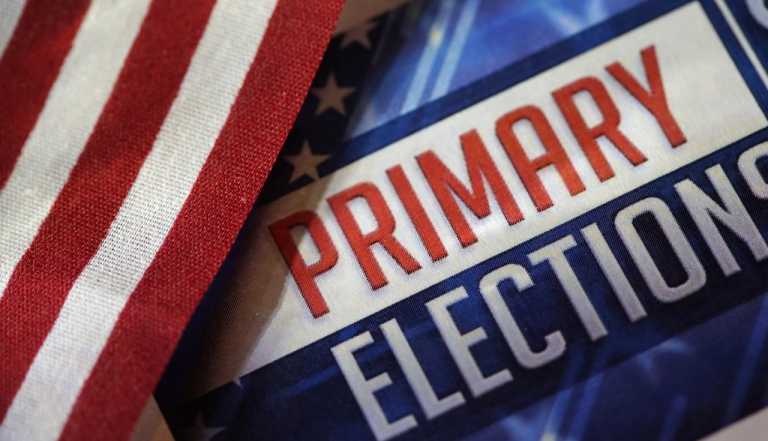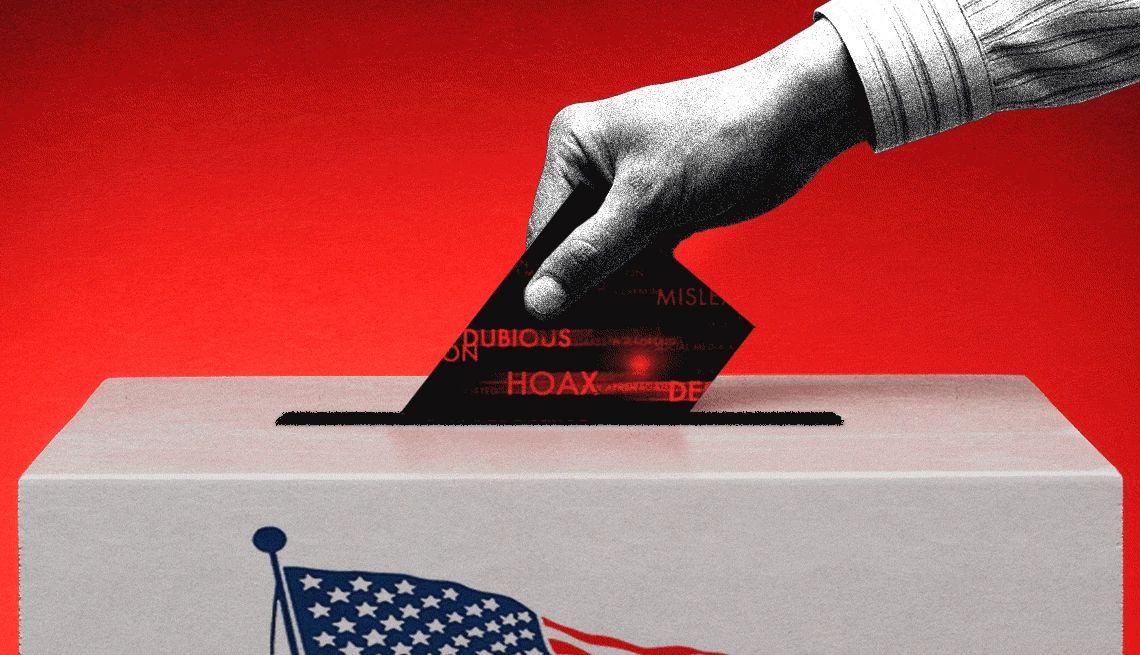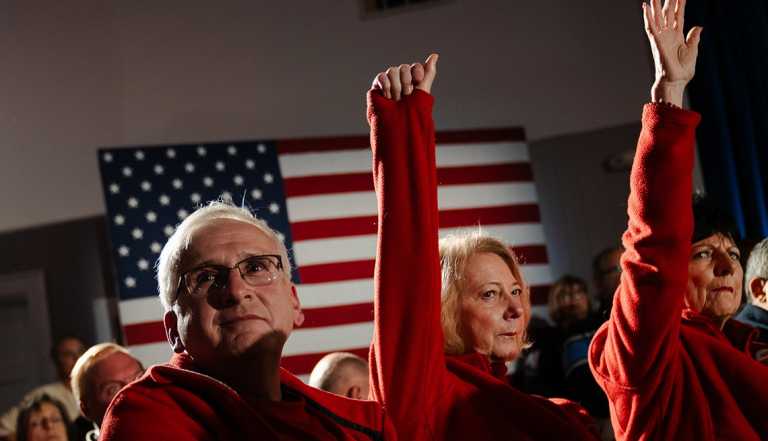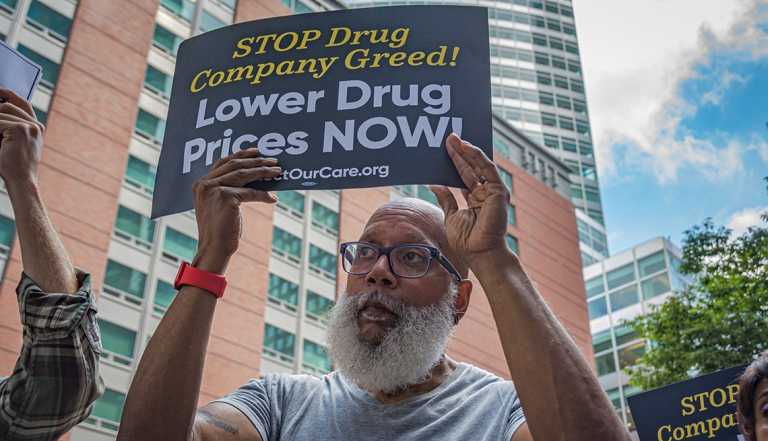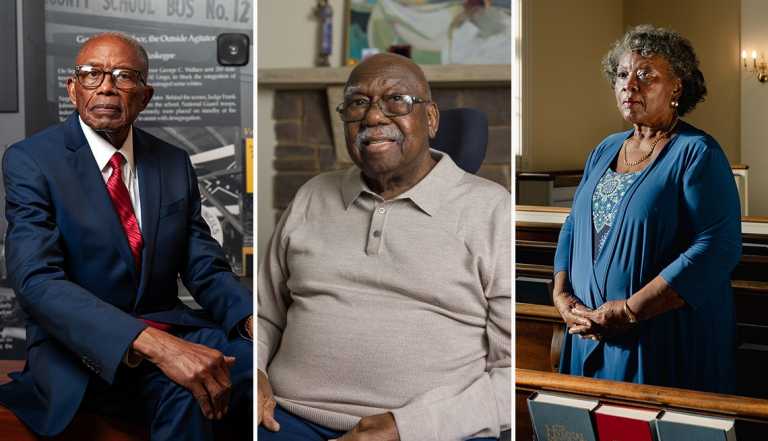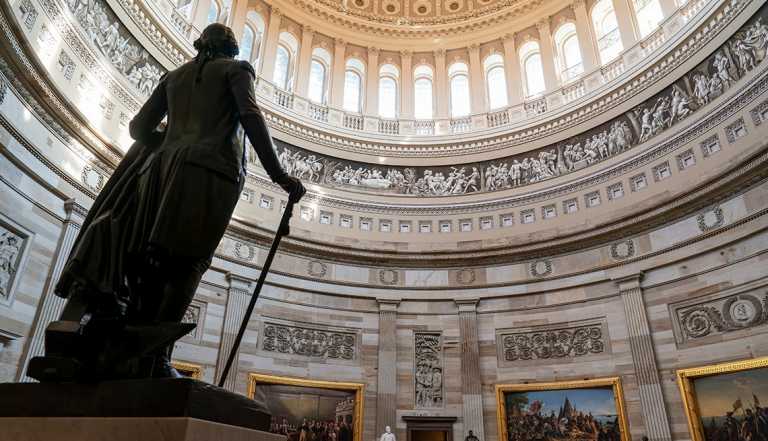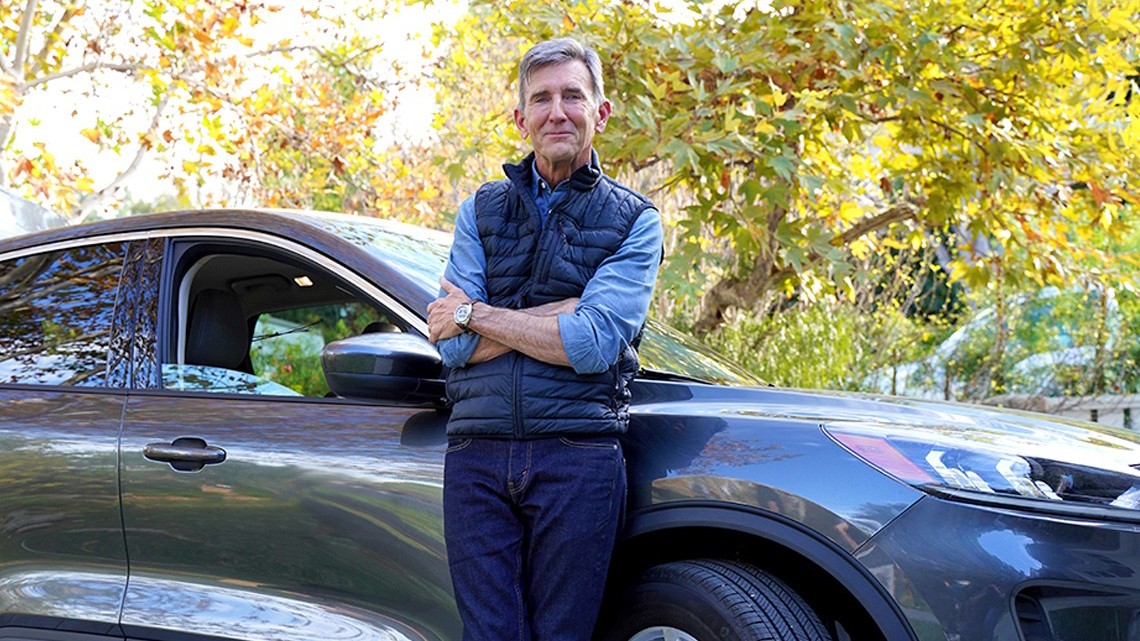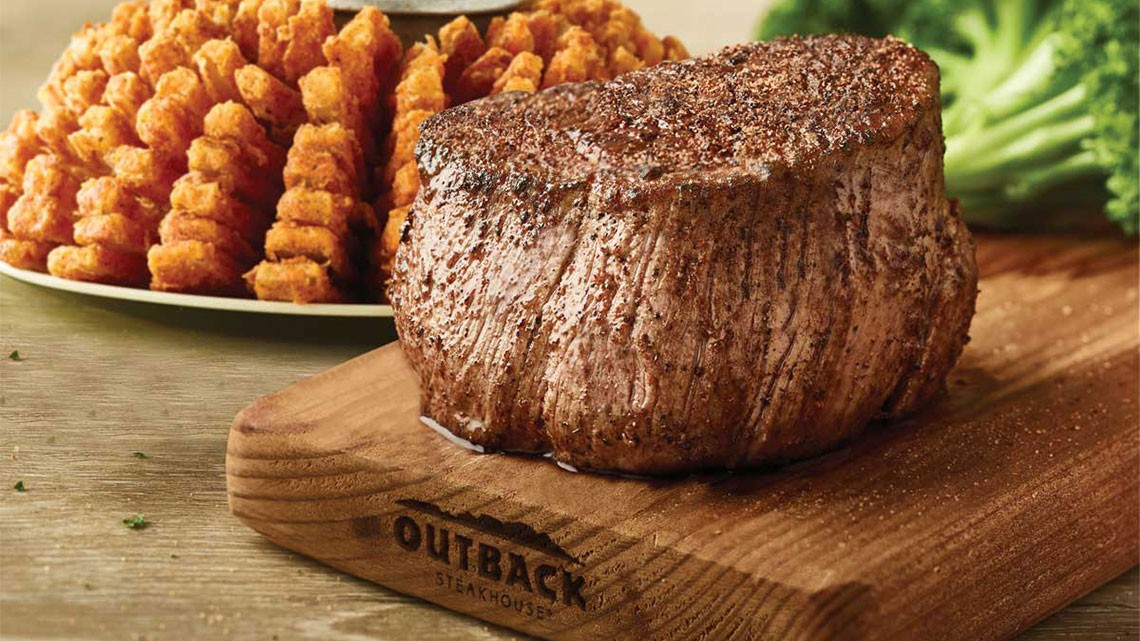Staying Fit
Politics & Society
Get the latest government and political news, information you need to be an engaged citizen and voter and learn how AARP is fighting for Americans 50-plus
In Depth News, Analysis


AARP Membership
$12 for your first year when you sign up for Automatic Renewal
Get instant access to members-only products and hundreds of discounts, a free second membership, and a subscription to AARP the Magazine.
AARP IN YOUR STATE
Find AARP offices in your State and News, Events and Programs affecting retirement, health care and more.



























































